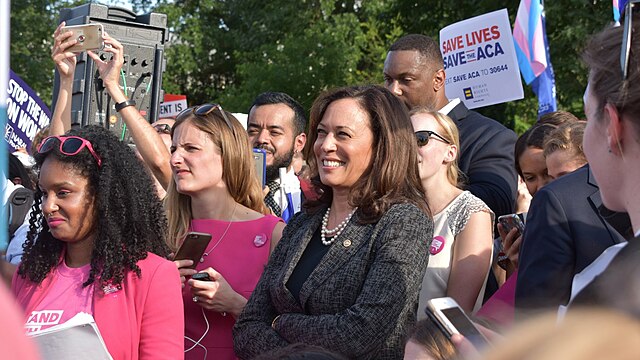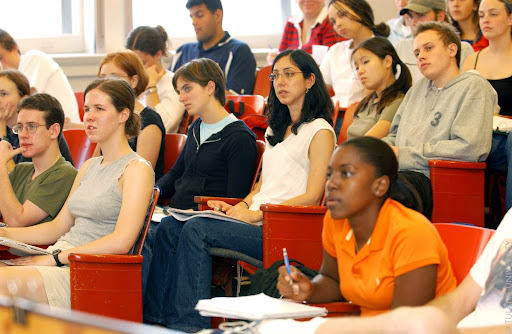On Aug. 31, Professor of Political Science and former President Kent Chabotar published an article in the News & Record about his accomplishments and regrets during his 12-year tenure at Guilford College.
According to Chabotar, his greatest achievements included developing two strategic plans that focused on academics, raising $90 million in gifts and bequests, working with faculty to introduce online learning and investing $36 million in new construction and renovation.
The achievements Chabotar listed are all important to Guilford’s success as both an institution for higher learning and an inviting environment. Of the four, the renovations were especially significant.
“The quality of our buildings and grounds has notably improved since 2002,” said senior writer Victor Lopez ‘14in a 2013 Guilfordian article.
Associate Professor of Political Science Kenneth Gilmore pointed out some of the more significant renovations.
“The most notable (renovations) are in the landscaping and the office and classroom spaces,” said Gilmore.
Aditya Garg ‘14, a former Early College at Guilford student, cited the renovation of Founders Hall as worth mentioning.
“Founders now definitely gives off a more modern aura and much better serves its purpose as a hub for students to sit and relax in between classes,” said Garg in an email interview.
Professor of Philosophy Nancy Daukas focused more on one of Chabotar’s strategic plans.
“I want to call special attention to the Diversity Plan in the first of the strategic plans crafted under Kent’s leadership,” said Daukas in an email interview. “That was a tremendously valuable accomplishment.”
Chabotar has other significant accomplishments. For instance, the diversity rates exceeded the college’s Strategic Long-Range Plan goal of 23 percent during his tenure.
“Over the course of a decade, the number of students of color has jumped from 21 percent to 36 percent in 2010 – 11,” wrote Lopez.
Guilford’s financial situation improved significantly during the time Chabotar was in office.
“(Chabotar’s) greatest accomplishment was … he brought financial stability and … a manager’s eye at a time when the college desperately needed it,” said Gilmore.
In 2000-2001, the year before Chabotar was elected, Guilford suffered a financial crisis, as operating revenues lagged behind expenses by $11.5 million. After Chabotar’s tenure started, the operating revenues managed to surpass operating expenses 10 out of the 12 years he was in office.
Besides bringing many improvements to Guilford he also has had some controversial ideas for the college.
In his article, Chabotar states how he wished he had pressed harder for important changes during the economic crisis.
“(The college) should be offering fewer majors so that scarce resources can be focused on those with the highest enrollments and opportunities for graduate school and employment,” wrote Chabotar.
Gilmore, who was also a member of the Prioritization Committee, agrees with Chabotar’s view.
“(The number of academic majors) precludes us from offering greater quality in the larger programs and from offering new majors that might attract new students,” said Gilmore.
Daukas, however, dissents.
“Cutting small majors can be a first step to a significantly weakened liberal arts institution,” said Daukas. “I think our interests are better served by continuing to offer a wide range of majors and finding creative, collaborative ways to do so more efficiently.”
The reduction of majors is a tricky topic. Both Gilmore and Daukas raise valid points as to why the number of Guilford’s majors should or should not be cut down. There are likely other reasons that support either side, and thus this controversial subject should be examined more closely on its own.
Regardless of whether one agrees or disagrees with Chabotar, one should keep Guilford’s Quaker values in mind when the former president returns to campus next year as a political science professor.
“I would hope that this community would welcome Kent Chabotar back to the faculty with open arms,” said Gilmore.





